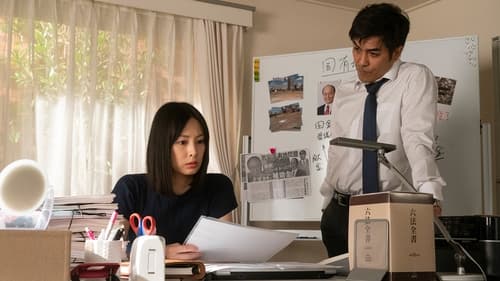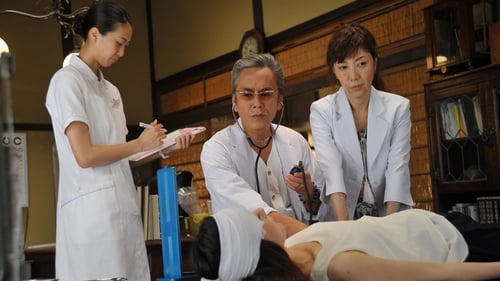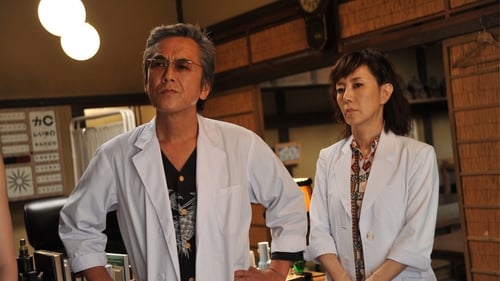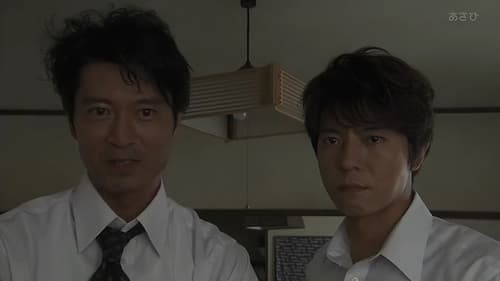
Sound Recordist
Suspicions fall on politician Tagane Seizo over the sale of nationally owned land to a social welfare service corporation back in 2010. Seizo Tagane is then given immunity for his testimony, but people become furious that he was not going to be prosecuted. A committee of prosecutors meets and concludes that Seizo Tagane should be prosecuted. An outstanding lawyer Yui Hitotsugi takes the prosecutor's position in the case with the help of the prosecutor Tachibana.

Sound Recordist
One day, Hikojiro goes to visit Sayo Kujo, an old lady who has been hospitalized. Sayo has been told that she has a year to live by assistant professor Natsuhiko Moriwaki, and insists on returning to the house she was born and raised in. It so happens that Hikojiro will be the one to treat her at home from now on. At the university hospital, Hikojiro runs into a familiar face - Hazuki, the daughter of Tetsuji Tonoyama, the man who taught Hikojiro how to make takoyaki. Hazuki is now a nurse at the university hospital and Hikojiro is surprised to see a strange poster on the hospital bulletin board that implies she's having an affair with Moriwaki. The hospital is currently preparing to elect a new chief surgeon, and the candidates are assistant professors Moriwaki and Shinsuke Noguchi, heads of the first and second surgical department. Both of their factions have been publishing defamatory statements about each other.

Sound Recordist
One day, Hikojiro receives an emergency call from inn proprietress Shino Ogawa to examine Tadahiko Mori, a guest complaining of stomach pain. Mori, who owns an art gallery in Tokyo, has come to Kyoto on a trip with his only daughter, high school student Nanami. Hikojiro gives him his business card, telling him to contact him if the pain comes back. However, the next day, Mori is found dead...!

Sound Recordist
2011年(平成23年)11月5日の21:00〜23:11に「ドラマスペシャル 宮部みゆき原作『火車』」として放送された。製作局は1994年(平成6年)版と同じテレビ朝日。土曜ワイド劇場と同じ時間枠だが、土曜ワイド劇場の作品ではなくスペシャルドラマ(特別番組)として放送された。

Sound Director
Set in the late 1950s, when geisha culture was threatened by moral crusades, it tells the story of Omacha (Miyamoto Maki), a young girl who sees the geisha life as a way to lift her poverty-stricken family from their hand-to-mouth existence. Through her eyes, we see the protocols and complex financial relationships which dictate the running of the geisha house. Fukasaku's film is a work of great delicacy with moments of hypnotic beauty, and his tender direction, often touched with a sense of wonder, fills the screen with lovingly constructed scenes. At its heart is the poignant situation of the women who must sacrifice their normal relationships to live an ambiguous life in which they are a key part of society while being kept, for the most part, on its periphery, like perpetual mistresses.




